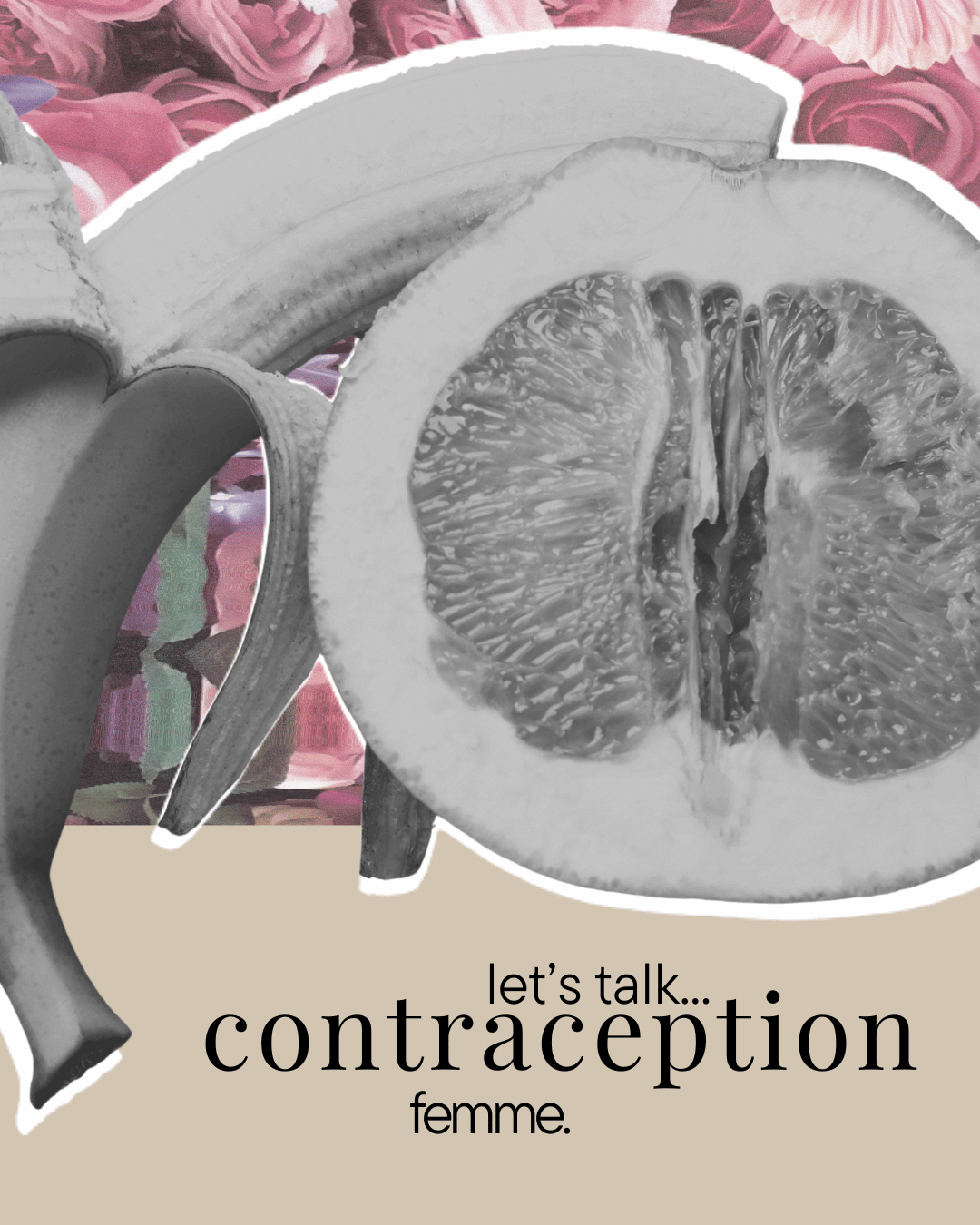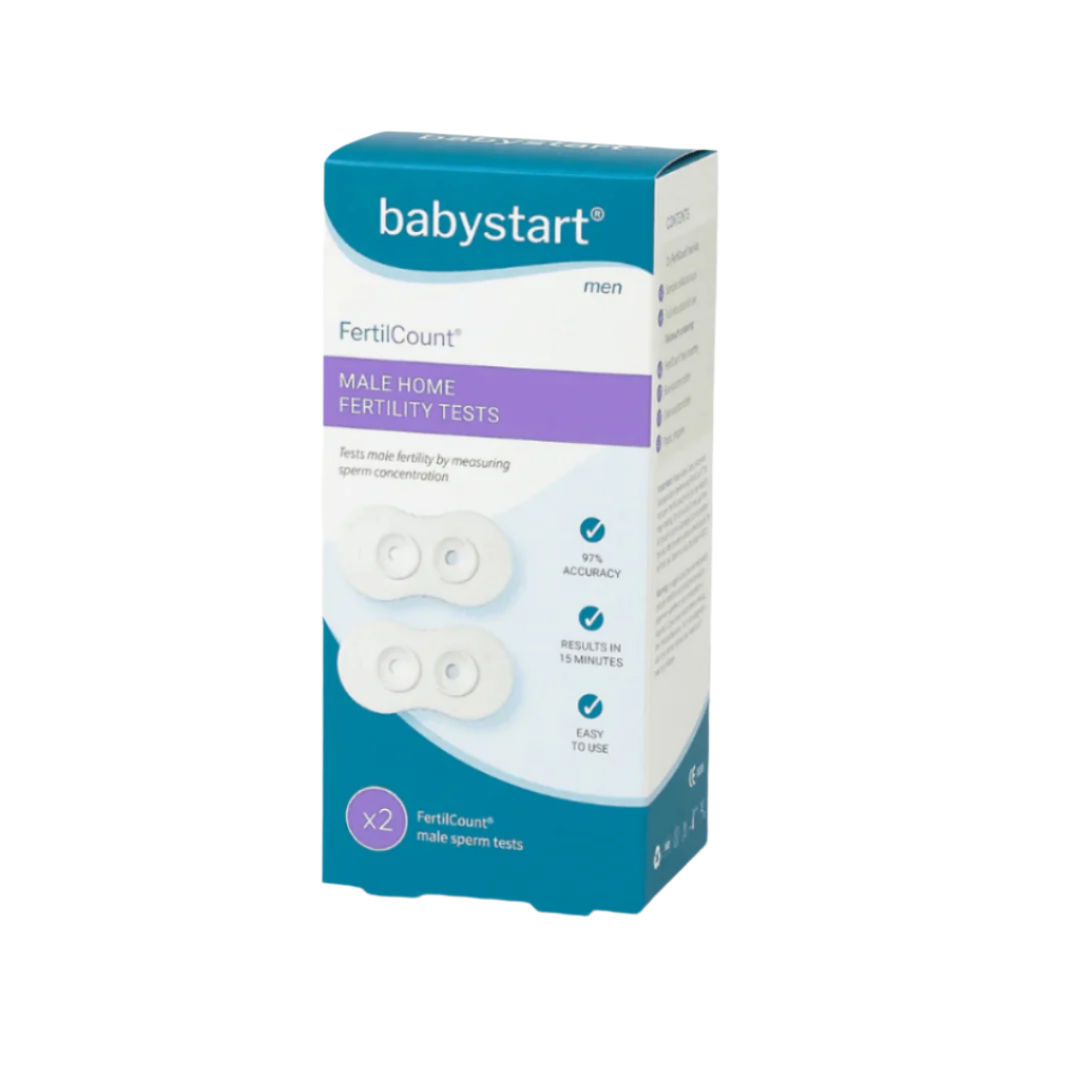Contraception has always been about freedom, choice, and control. But as we celebrate World Contraception Day, it’s clear the conversation needs to evolve.
For decades, women have shouldered the responsibility of birth control, often through hormonal methods that impact not just fertility, but mood, energy, and long-term health. Now, more women are asking: what about natural contraception methods? And why are we only just seeing alternatives for men?
Let’s explore hormonal vs. natural contraception, the realities of the pill, why many are delaying or opting out of motherhood (and why that means we need a long-term solution), and what the future of contraception could look like.
Hormonal Contraception: Effective but at What Cost?
The most common methods of contraception in the UK remain hormonal:
- The Pill – taken daily, effective when used correctly, but linked to side effects including weight gain, mood swings, and reduced libido.
- The Coil (IUD/IUS) – highly effective, but can cause cramping, heavier or irregular bleeding, or hormonal side effects.
- The Implant, Patch, or Injection – convenient and long-lasting, but again, side effects vary and often include irregular cycles, acne, or hormonal imbalances.
Hormonal contraception revolutionised women’s lives. But it also means taking artificial hormones for years - sometimes decades - without always being told the full story.
In fact, the combined oral contraceptive pill has now been placed in the same risk category as certain cancers. Yet generations of women weren’t fully educated about those risks, leaving many to feel frustrated and misinformed.
Not only that, but hormonal contraception can also have an impact on your brain and mood, here is what the science says:
1. Altered Mood, Anxiety & Depression Risk
There’s good evidence that starting or using hormonal contraceptives (especially combined pills, or ones with certain progestins) can increase the risk of mood changes, anxiety, or depressive symptoms — particularly in people already sensitive to hormonal shifts.
For example, a large Danish study found users of hormonal contraception had a higher chance of depression requiring medical treatment.
2. Changed Brain Reactivity & Connectivity
Neuroimaging research shows that the pill can affect how different brain regions respond to emotional stimuli, stress, and fear:
- Some studies report lower amygdala reactivity to negative emotional images in pill users compared to non-users.
- There are also changes in connectivity across brain networks: one study tracking a single woman through her natural cycle and then on pill showed changes in ‘network modularity’ and typical connectivity patterns.
3. Stress & Inflammation Responses
Hormonal contraceptive use seems to modify the stress response: both psychological (how you feel under stress) and biological (measures like inflammation markers, cortisol). Some research suggests users may have a more negative emotional response to stressors.
4. Emotion Recognition, Reward Processing & Fear Response
Other brain functions appear to shift:
- How people recognise fear or negative emotions may differ.
- Some studies show changes in reward sensitivity (how much pleasure or motivation from positive stimuli) tied to hormonal status.
Key Caveats & What Science Doesn’t (Yet) Say
- Effects are very individual. Some people feel fine; some feel noticeably different; others even feel positive mood changes. It depends a lot on personal hormone sensitivity, type of pill or progesterone used, prior mental health, lifestyle, etc.
- Many studies are short-term, have varying design quality, small sample sizes, or focus on specific formulations. That means generalising to “the pill causes X” for everyone is risky.
- Because hormonal contraceptives suppress natural cycles of oestradiol and progesterone, some brain functions that follow those cycles (emotion, stress response) are being flattened or altered. But how much this matters day-to-day is still under study.
Natural Contraception Methods: Body Literacy and Hormone-Free
For women who want to avoid synthetic hormones, natural contraception methods offer a different approach. These include:
- Fertility Awareness Method (FAM) – tracking basal body temperature (BBT), cervical mucus, and cycle length to predict fertile and infertile days.
- Cycle Tracking with Tech – devices like Tempdrop make BBT tracking easier, even with irregular cycles or disrupted sleep.
- Barrier Methods – condoms, diaphragms, and cervical caps, often combined with fertility awareness for extra protection.
- Withdrawal & Abstinence During Fertile Window – higher risk, but still part of the natural methods spectrum.
✨ While these methods require more education and consistency, they give women something hormonal methods don’t: body literacy. You learn how your body works, spot patterns, and connect symptoms with your hormonal phases.
Why Some Women Are Saying “Not Now” or “Not Ever” to Children
Beyond methods, there’s another shift happening: more women are choosing to delay having children, or not to have them at all.
Reasons include:
- Cost of Living Crisis – raising children is expensive, and financial security is harder to achieve.
- Career & Independence – many women prioritise career growth, travel, or personal goals.
- Health & Environment – with rising awareness of climate change and personal wellbeing, some women are rethinking parenthood altogether.
Contraception, in this context, isn’t just about preventing pregnancy - it’s about preserving choice in a world where the stakes feel higher than ever. And with this in mind, we need to find a long-term solution for women that is reliable, effective and risk-free. For us, this starts with education, we know that body literacy is risk-free in terms of the impact on our health, but if women are not education how to use natural methods effectively, it comes with human-error risks. It’s time we all got to know our body’s better.
The Male Contraceptive Pill: Finally Sharing the Load?
For decades, the burden of contraception has largely fallen on women. But a breakthrough could be on the horizon: the male contraceptive pill.
Recent studies suggest safe, reversible hormonal pills for men may soon be available. This could rebalance responsibility and create a real cultural shift in how society views contraception.
But the question remains: will men embrace it? And will women trust them to?
Why Education Matters More Than Ever
One of the biggest challenges is the lack of education. Too many women start the pill as teenagers without being told about alternatives, risks, or how their cycles actually work.
World Contraception Day is about changing that. It’s about:
- Educating people on natural contraception methods alongside hormonal ones.
- Highlighting the risks and realities of the pill.
- Opening conversations about male contraception.
- Giving women the tools to make informed, empowered decisions.
The Bottom Line
Contraception is not one-size-fits-all. Hormonal methods remain effective and convenient for many, but natural contraception methods are rising in popularity for women seeking hormone-free, body-led choices.
As more women delay or opt out of motherhood due to cost of living, health, or personal preference, contraception becomes less about just preventing pregnancy - and more about empowerment, education, and equality.
This World Contraception Day, the real conversation is this:
✨ What would contraception look like if it truly supported everyone’s health, choices, and futures?









